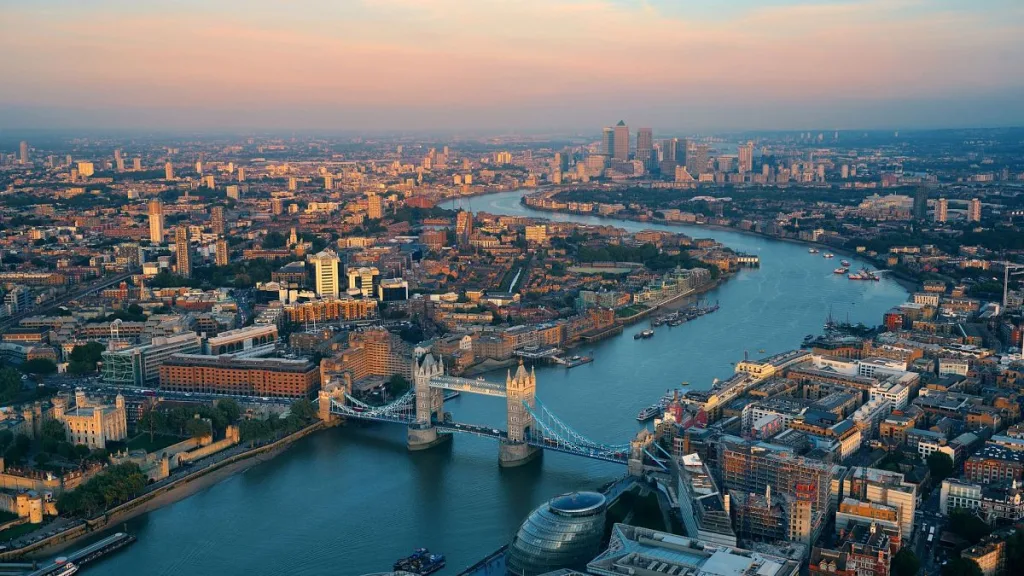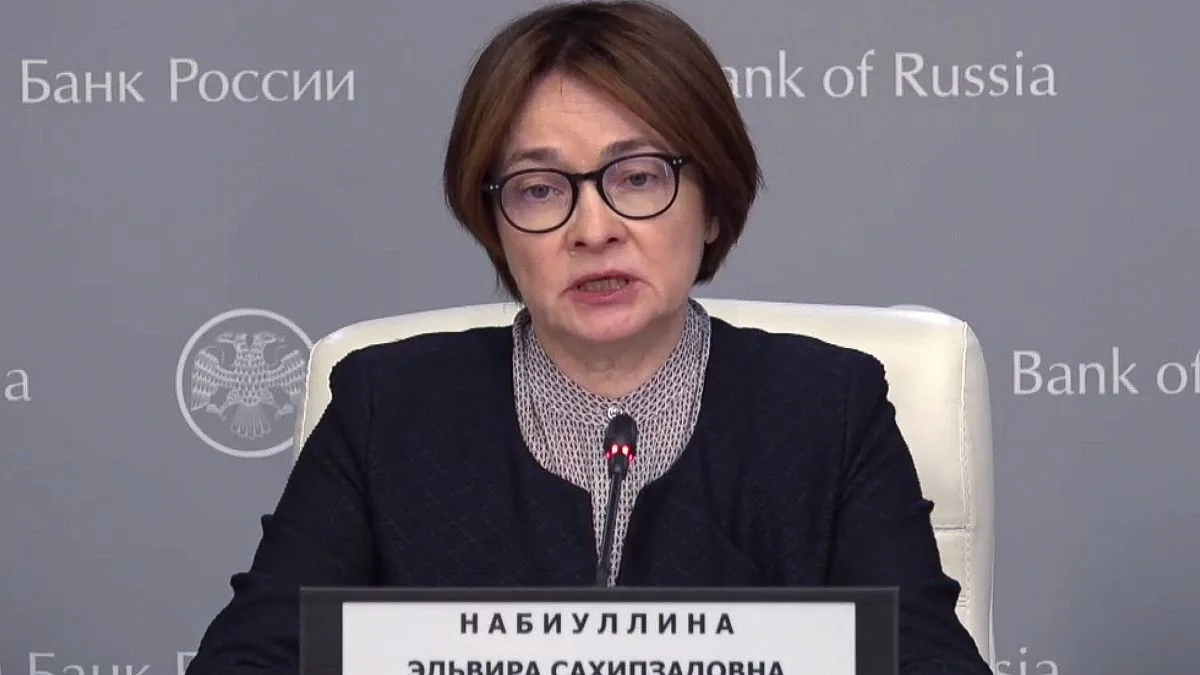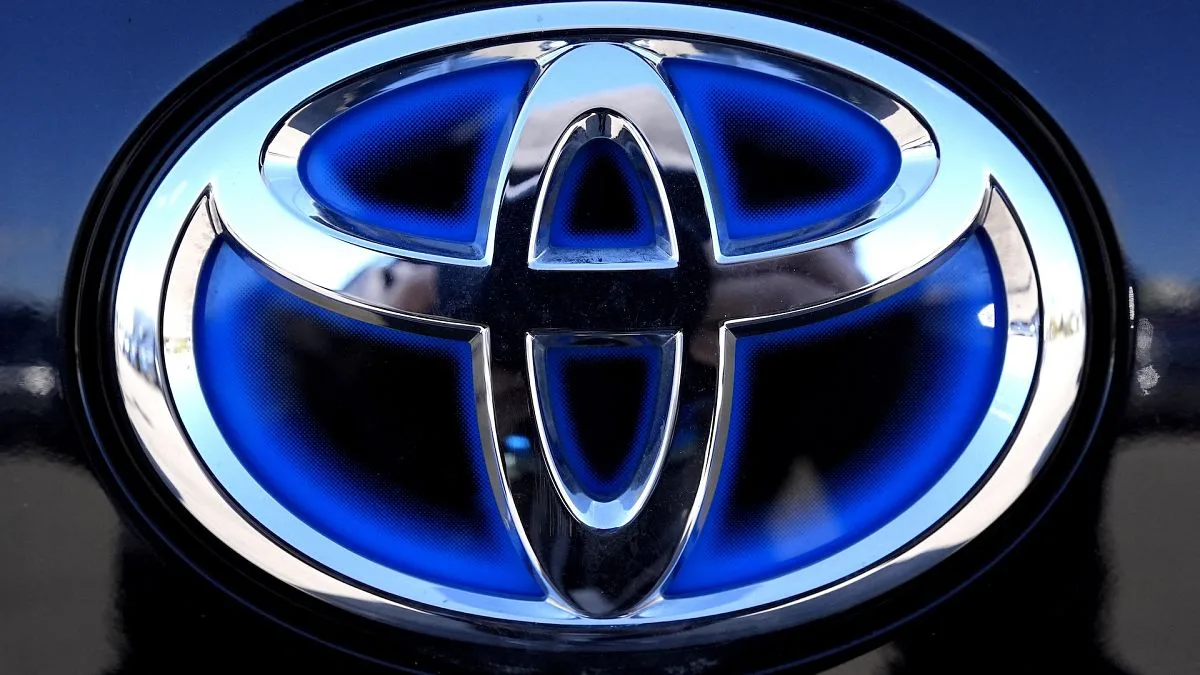The latest revisions reveal that the UK economy experienced no growth from July to September, with significant downturns in both the services and production sectors.
According to the Office for National Statistics, the quarter-on-quarter gross domestic product (GDP) growth rate stood at a stagnant 0% during the third quarter, a decline from the 0.4% growth noted in the previous quarter and falling short of analyst expectations, which predicted a modest increase of 0.1%.
This stagnation can largely be attributed to a halt in growth within the services sector, particularly driven down by struggles in the insurance and financial industries. The production sector also saw a decrease of 0.4%, primarily due to declines in the supply of gas, electricity, air conditioning, and steam.
Growing fears of a potential recession in the UK have further contributed to the lackluster economic performance. These apprehensions have been heightened by the recently elected Labour government’s implementation of business-impacting policies since July.
Recent changes introduced in the Autumn Budget, such as the rise in employer national insurance contributions (NICs), are prompting many companies to reconsider their budgeting strategies as the new year approaches. Alpesh Paleja, interim deputy chief economist at the Confederation of British Industry (CBI), commented, “There is little festive cheer in our latest surveys, which suggest that the economy is headed for the worst of all worlds—firms expect both output and hiring to decline, and price growth predictions are solidifying.” He added, “Businesses continue to cite the impact of measures announced in the Budget, particularly the rise in employer NICs, which aggravates an already sluggish demand environment.”
Additionally, the country experienced a 0.5% drop in exports and a 2.5% decrease in imports, although a slight improvement in net trade offset some of these losses. On a more positive note, construction activity during the third quarter saw some gains, albeit not to the extent that analysts had anticipated.
In terms of consumer behavior, household spending remained steady at 0.5% compared to the previous quarter, indicating that many consumers are tightening their belts as the holiday season approaches. While government spending fell short of expectations, business investment saw a notable increase of 1.9% in Q3 2024, up from 1.2% in the earlier quarter.
Future Business Investments: Looking to Government for Support
Paleja also remarked, “As we head into 2025, firms are looking to the government to boost confidence and encourage investment. This could involve necessary reforms such as adjustments to the apprenticeship levy, enhanced occupational health incentives, or a revision of business rates.” He emphasized that in the longer term, businesses will be seeking an industrial strategy that offers the necessary stability and certainty to unlock innovation and investment, ultimately fueling economic growth.
In light of ongoing global geopolitical uncertainties—including the Russia-Ukraine and Israel-Palestine conflicts, along with escalating trade tensions between the EU and China, as well as the US and China—businesses may adopt a more cautious financial and strategic approach in 2025. Consequently, the UK government might need to implement significant measures to rekindle spending and foster innovation, potentially through tax breaks and other incentives.
Photo credit & article inspired by: Euronews



